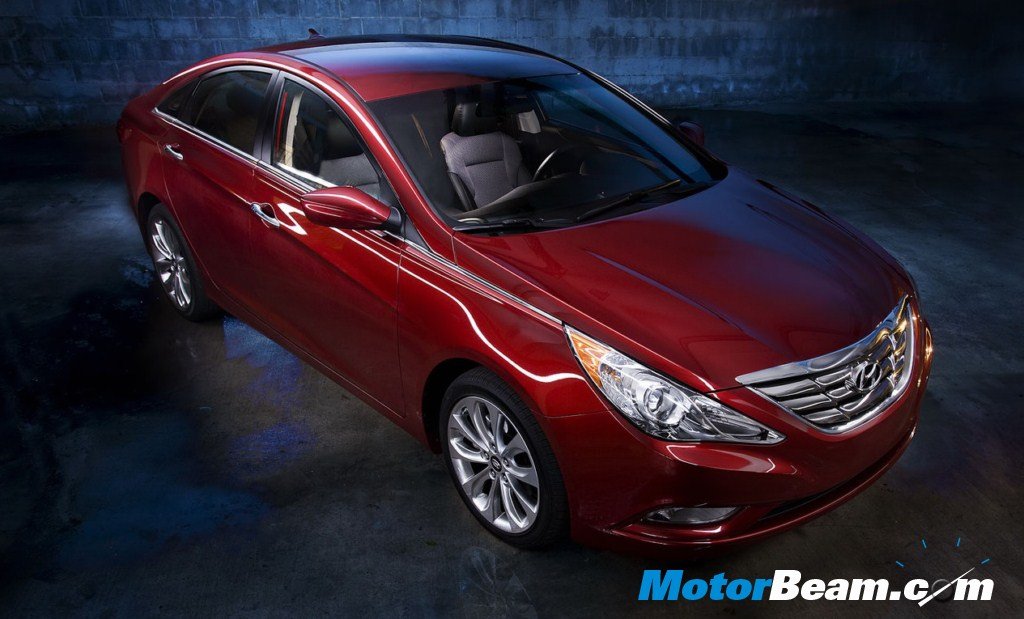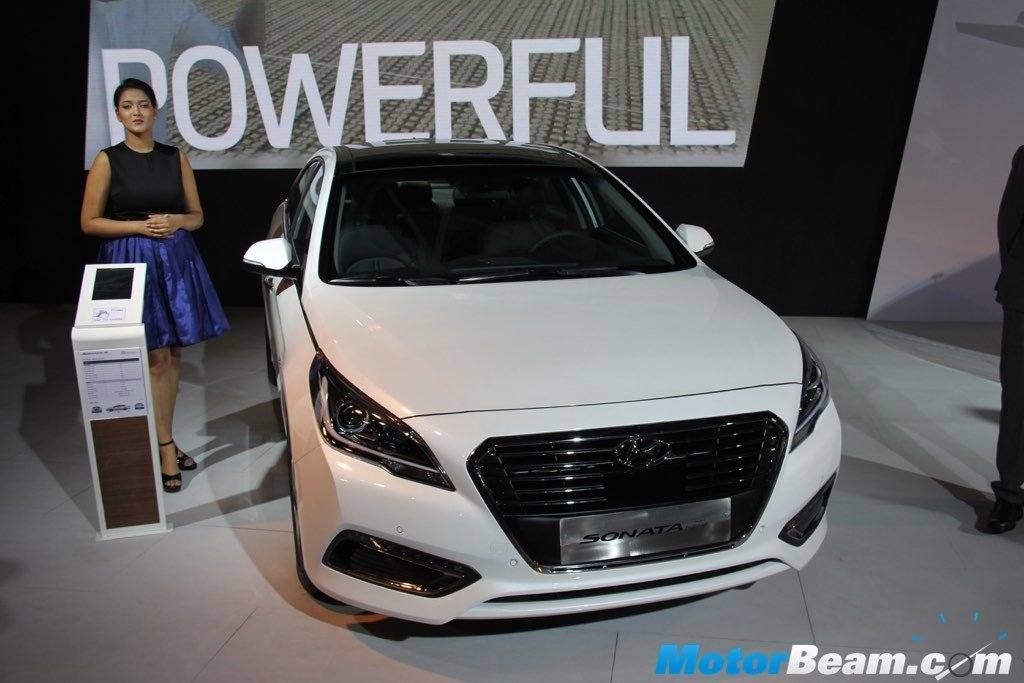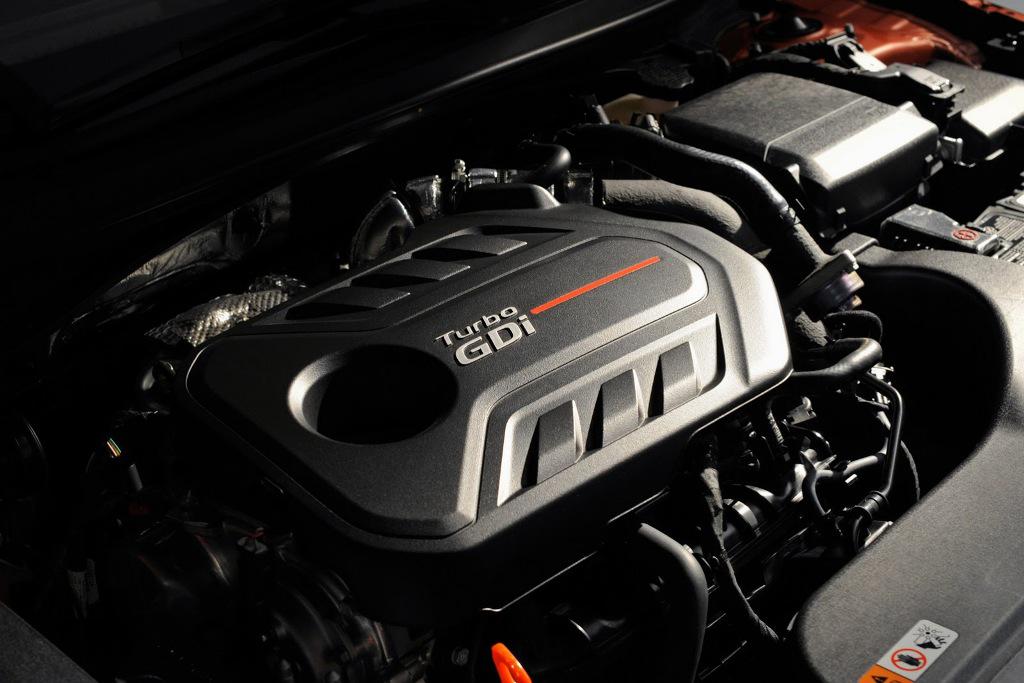Hyundai, which pioneered America’s Best Warranty almost a decade back, strives to serve its customers better and show them the faith they have in their cars. This dedication led to creation of the ‘Hyundai Assurance’ and an umbrella of services under that. Every Hyundai vehicle sold in the U.S. is covered by the Hyundai Assurance Program. These include the 5-year/60,000-mile fully transferable new vehicle warranty, Hyundai’s 10-year/100,000-mile powertrain warranty, and five years of complimentary Roadside Assistance.
In a latest move, Hyundai added to its Sonata Hybrid coverage, something that went far beyond Hyundai’s industry leading 10-year/100,000 warranty. It is the Lifetime Battery Replacement Guarantee, a first of a kind protection, which ensures that in case of a Sonata Hybrid Lithium Polymer Battery technology failure, Hyundai will replace the battery for free and also cover the recycling costs of the old one. This coverage would apply to all 2012 model year Sonata Hybrid models.
“The Hyundai brand was built on outstanding quality backed by the industry’s best protection program which we call Hyundai Assurance. Expanding Hyundai Assurance to include Lifetime Battery Replacement Guarantee was another opportunity for us to demonstrate our confidence in the durability of our product, and pass that peace-of-mind on to our owners,” Michael O’Brien, VP (Corporate and Product Planning), Hyundai USA, said.
Such a guarantee itself would talk for the battery technology and performance. The traditional lithium batteries have their own pitfall when it comes to using them in consumer devices under temperatures ranging from -40 to 120+ degrees Fahrenheit, and with 10-year-and-beyond longevity requirements. Hyundai, overcame the problem by developing the lithium polymer technology in association with its partner LG Chem. The lithium polymer cells use a manganese spinel chemistry that provides an excellent balance between power delivery, energy density and thermal stability. The electrodes in the traditional battery expand and contract with heating and cooling during charging and discharging. This leads to cracks in the electrodes and thus cells no longer can hold the charge. The Manganese spinel lithium polymer cells have much lower expansion rates and thus are able to go through thousands of charge cycles. Well, doesn’t the life time guarantee start making sense now? Smart isn’t it?





